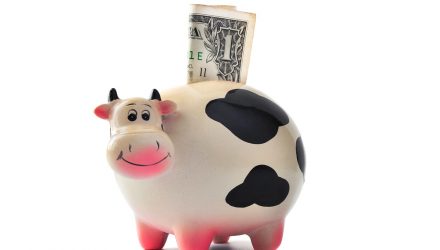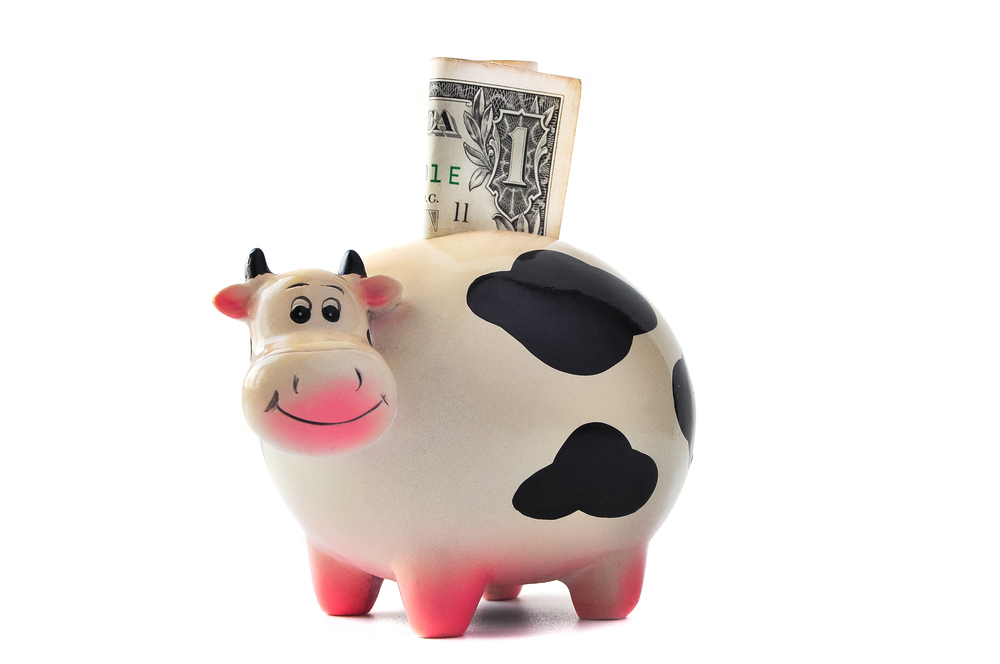
As interest rates rise and the growth outlook becomes more uncertain, investors can build out their core portfolio allocations with reliable “cash cow” companies, or firms that have demonstrated consistent cash flows.
In the upcoming webcast, Why Now is the Time to Focus on Cash Flow and High Free Cash Flow Yield, Sean O’Hara, president of Pacer ETFs, will explain how cash cow stocks can function as the core foundation for any investment portfolio.
Investors interested in the free-cash-flow metric now have several options to choose from. For instance, the Pacer Global Cash Cows Dividend ETF (GCOW), the Pacer US Cash Cows 100 ETF (COWZ), the Pacer US Small Cap Cash Cows 100 ETF (CALF), the Pacer Developed Markets International Cash Cows 100 ETF (ICOW), the Pacer Emerging Markets Cash Cows 100 ETF (ECOW), the Pacer US Cash Cows Growth ETF (BUL), and the Pacer Cash Cows Fund of Funds ETF (HERD) all implement free cash flow yield screens to narrow their investing universes.
Focusing on companies with steady free cash flow can be a better approach to security selection than alternatives. Free cash flow is the cash left over after a company has paid expenses, interest, taxes, and long-term investments. It is used to buy back stocks, pay dividends, or participate in mergers and acquisitions. The ability to generate a high free cash flow yield indicates that a company is producing more cash than it needs to run the business, which can then be invested in growth opportunities.
Free cash flow companies generally have three defining characteristics — they are productive, reliable, and self-sufficient. The companies generate more cash flow than they spend, which allows them to grow without external financing. The free cash flow is a sturdy measure of profitability, which is, unlike earnings, not subject to manipulation and accounting assumptions. Lastly, as the companies are less reliant on capital markets for financing, they don’t dilute their issued company stocks.
“The goal of most investors is to achieve financial security. High free cash flow is an indicator of a company’s financial strength. Positive free cash flow indicates a company is generating more cash than it needs to run the business and can invest in growth opportunities. Companies generating high free cash flow yields have the ability to grow dividends over time and produce better earnings,” according to Pacer ETFs.
Financial advisors who are interested in learning more about cash cow companies can register for the Thursday, June 23 webcast here.

